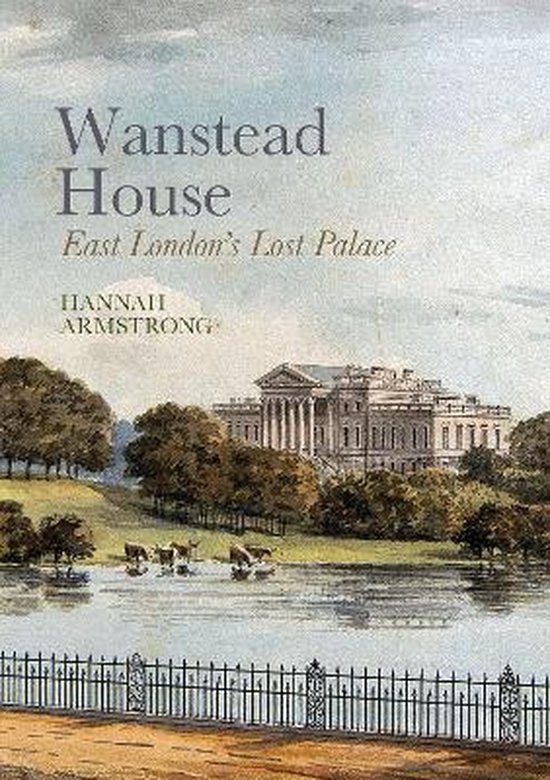
Wanstead House
In c.1713, Sir Richard Child, heir to a mercantile fortune, commissioned Colen Campbell, to build Wanstead House, ‘one of the noblest houses, not only in England, but in Europe’. By restoring Wanstead’s reputation amongst the leading houses of the era, this book demonstrates that those lost in actuality, should by no means be lost to history.
In c.1713, Sir Richard Child, heir to a mercantile fortune, commissioned Colen Campbell, to build Wanstead House, ‘one of the noblest houses, not only in England, but in Europe’. Campbell’s innovative classical façade was widely influential and sowed the seeds for English Palladianism. Its opulent interior by William Kent was equal to Kensington Palace and its extensive gardens were attributed to leading landscape designers George London and Humphry Repton.
Wanstead’s glory days came to an end in 1822, when a major sale of its contents was arranged to pay off financial debts. Two years later the house was demolished, its building fabric dispersed far and wide. A large crater on an east London golf course is all that remains of this once ‘princely mansion’.
Based on scholarly research, Wanstead House: East London’s Lost Palace provides the first illustrated history of the lost Georgian estate, charting the meteoric rise and fall of the Child dynasty. By restoring Wanstead’s reputation amongst the leading houses of the era, this book demonstrates that those lost in actuality, should by no means be lost to history.
In c.1713, Sir Richard Child, heir to a mercantile fortune, commissioned Colen Campbell, to build Wanstead House, ‘one of the noblest houses, not only in England, but in Europe’. Campbell’s innovative classical façade was widely influential and sowed the seeds for English Palladianism. Its opulent interior by William Kent was equal to Kensington Palace and its extensive gardens were attributed to leading landscape designers George London and Humphry Repton.
Wanstead’s glory days came to an end in 1822, when a major sale of its contents was arranged to pay off financial debts. Two years later the house was demolished, its building fabric dispersed far and wide. A large crater on an east London golf course is all that remains of this once ‘princely mansion’.
Based on scholarly research, Wanstead House: East London’s Lost Palace provides the first illustrated history of the lost Georgian estate, charting the meteoric rise and fall of the Child dynasty. By restoring Wanstead’s reputation amongst the leading houses of the era, this book demonstrates that those lost in actuality, should by no means be lost to history.
| Auteur | | Hannah Armstrong |
| Taal | | Engels |
| Type | | Hardcover |
| Categorie | | Kunst & Fotografie |